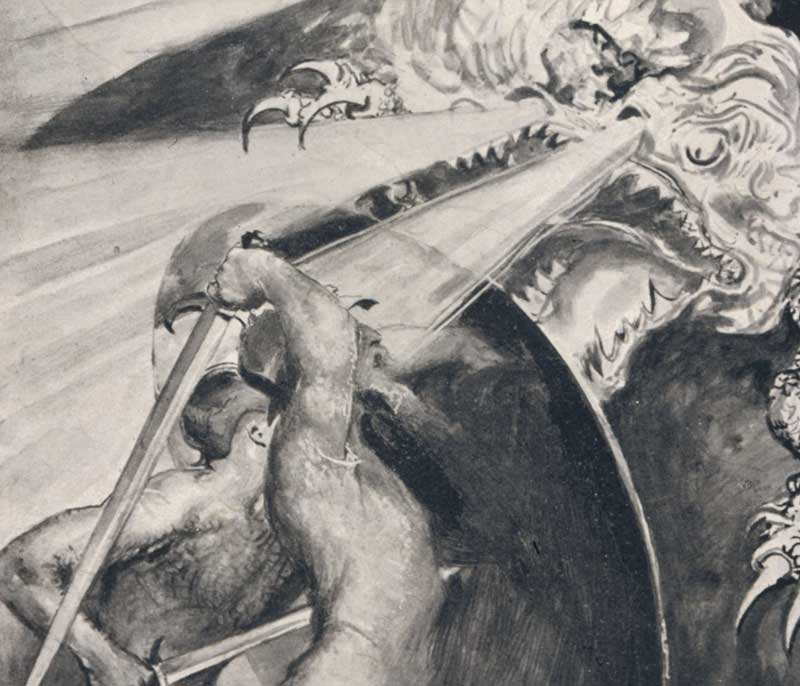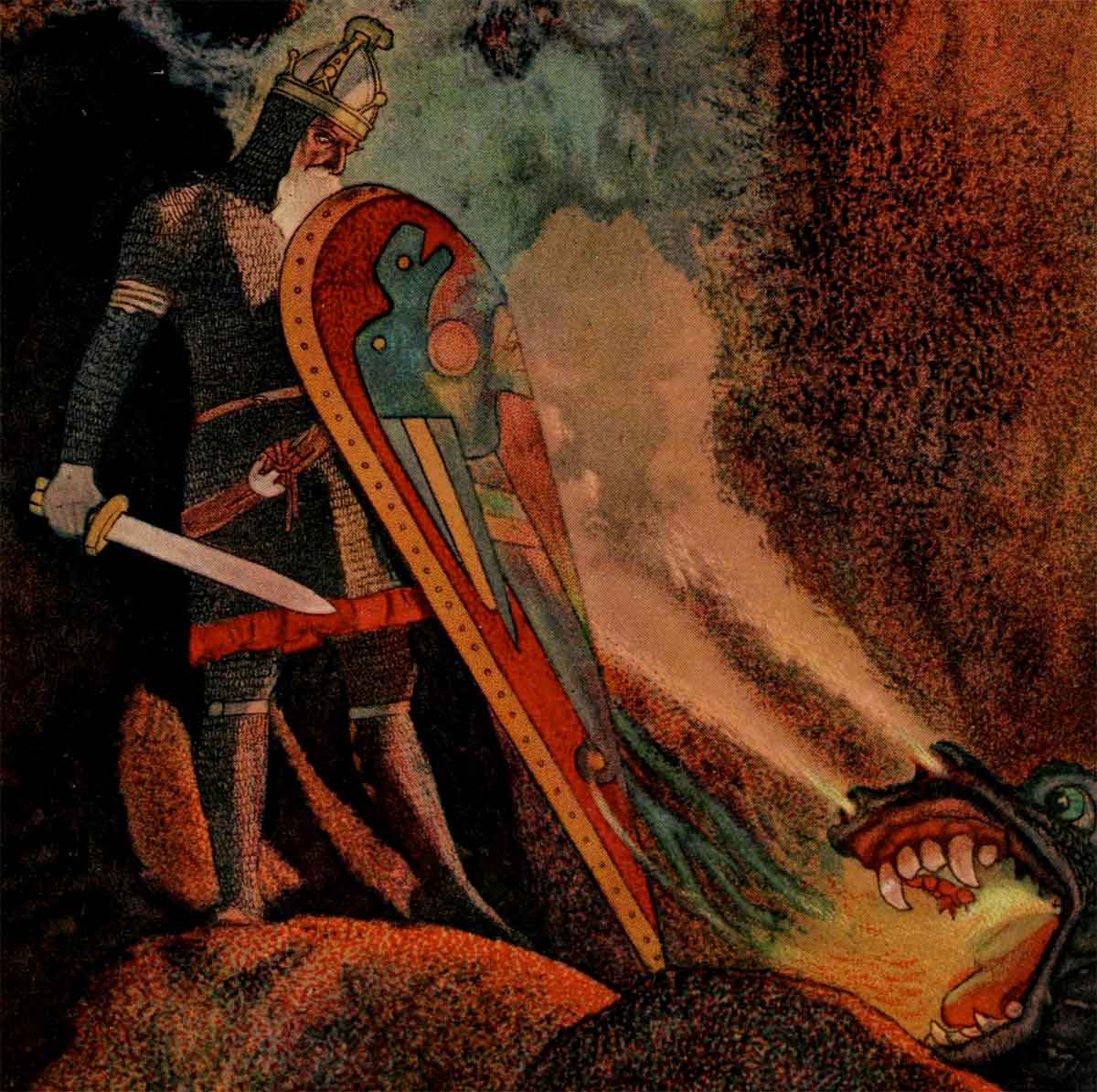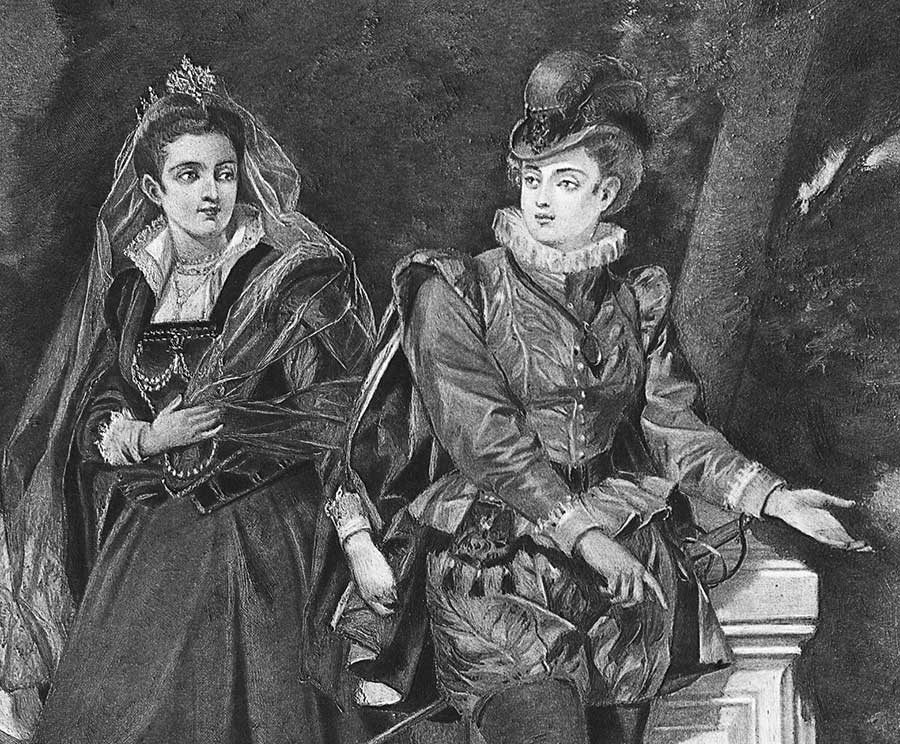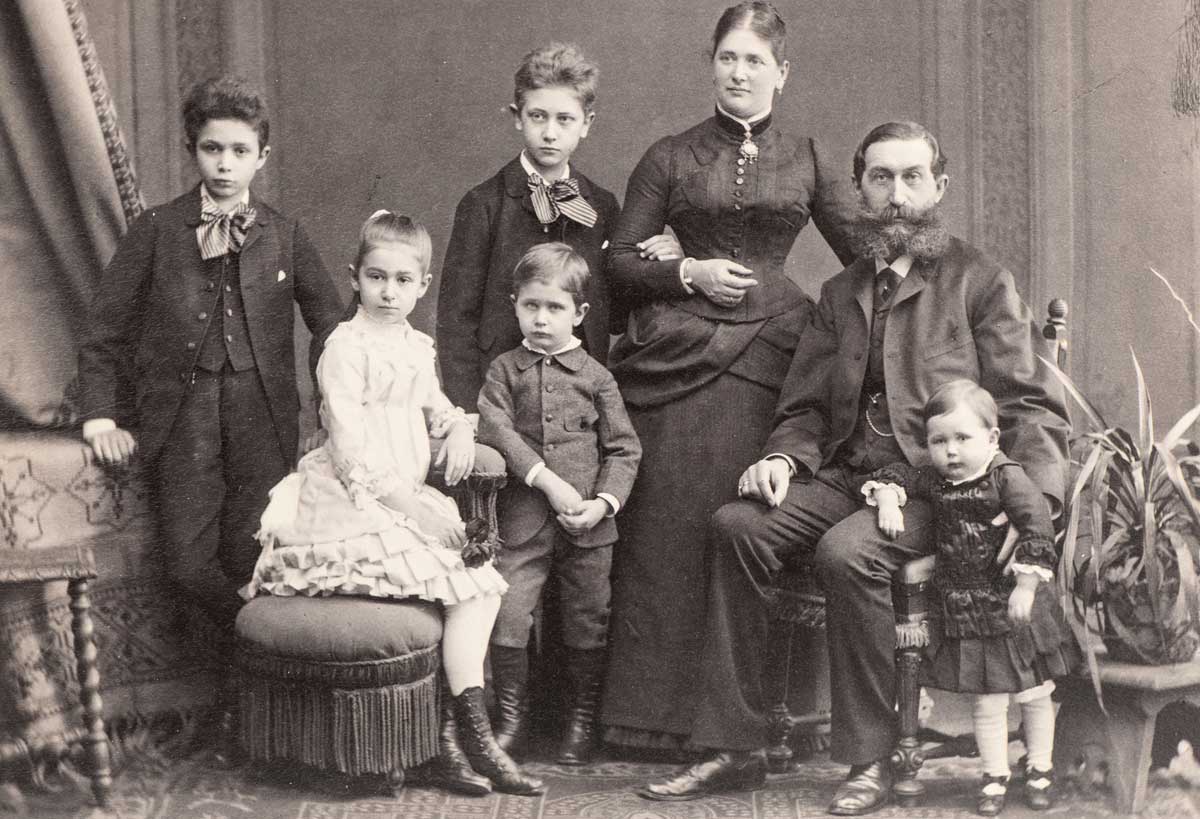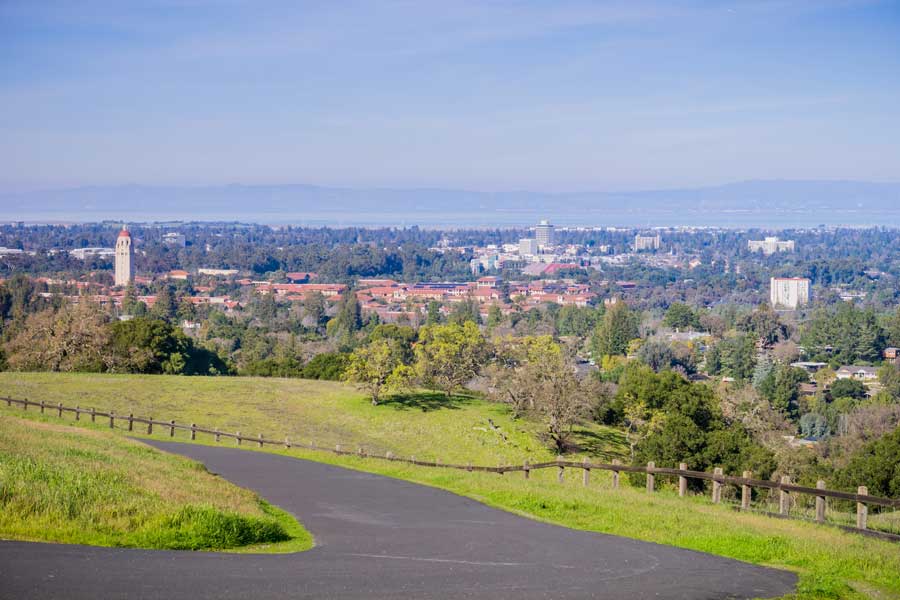Reading Beowulf, Magnifying Christ
What Tolkien Taught Me About the Gospels
I first read Beowulf as a sophomore in college. At the time, what I knew of the poem was what most high-school kids know—that Beowulf was a Germanic superhero who killed some monsters, but that was about it. So being a young, inquisitive, literary type, I was greatly excited to be reading the poem for a British literature survey class at Vanderbilt in 1988.
I was not prepared for the disappointment. After Our Hero dispatches two monsters, Grendel and his mother (the Grendelkin), to save the court of the aged King Hrothgar of the Danes, the poem fast-forwards some fifty years to the hero's last days. Fifty years! With the turn of a page, Beowulf is an old man. Even so, he is still heroic, venturing out to hack at the head of yet another monster, the firedrake, fighting for his own doomed people, the Geats, until the very end. But still, skipping ahead fifty years seemed jarring, even to an undergraduate in a survey course.
THIS ARTICLE ONLY AVAILABLE TO SUBSCRIBERS.
FOR QUICK ACCESS:
subscription options
Order
Print/Online Subscription

Get six issues (one year) of Touchstone PLUS full online access including pdf downloads for only $39.95. That's only $3.34 per month!
Order
Online Only
Subscription

Get a one-year full-access subscription to the Touchstone online archives for only $19.95. That's only $1.66 per month!
bulk subscriptions
Order Touchstone subscriptions in bulk and save $10 per sub! Each subscription includes 6 issues of Touchstone plus full online access to touchstonemag.com—including archives, videos, and pdf downloads of recent issues for only $29.95 each! Great for churches or study groups.
Transactions will be processed on a secure server.
more on literature from the online archives
more from the online archives
calling all readers
Please Donate
"There are magazines worth reading but few worth saving . . . Touchstone is just such a magazine."
—Alice von Hildebrand
"Here we do not concede one square millimeter of territory to falsehood, folly, contemporary sentimentality, or fashion. We speak the truth, and let God be our judge. . . . Touchstone is the one committedly Christian conservative journal."
—Anthony Esolen, Touchstone senior editor





